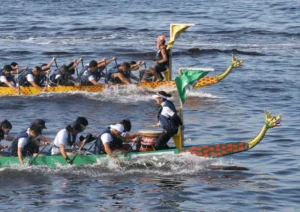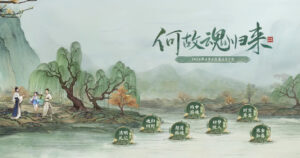The Ancient Origins of Qingming Festival
Qingming Festival traces back to the Zhou Dynasty (1046-256 BCE). It evolved from “Hanshi Festival” (Cold Food Day), a memorial for loyal official Jie Zitui.
According to legend, Duke Wen of Jin ordered three days of cold meals annually to honor Jie, who died in a fire. This later merged with spring tomb-sweeping rituals during the Tang Dynasty (618-907 CE).
Imperial Recognition & Modern Significance
Emperor Xuanzong formally declared tomb-sweeping a national ritual in 732 AD. Today, Qingming combines ancestor veneration with celebrating spring’s arrival. It became a public holiday in China in 2008.
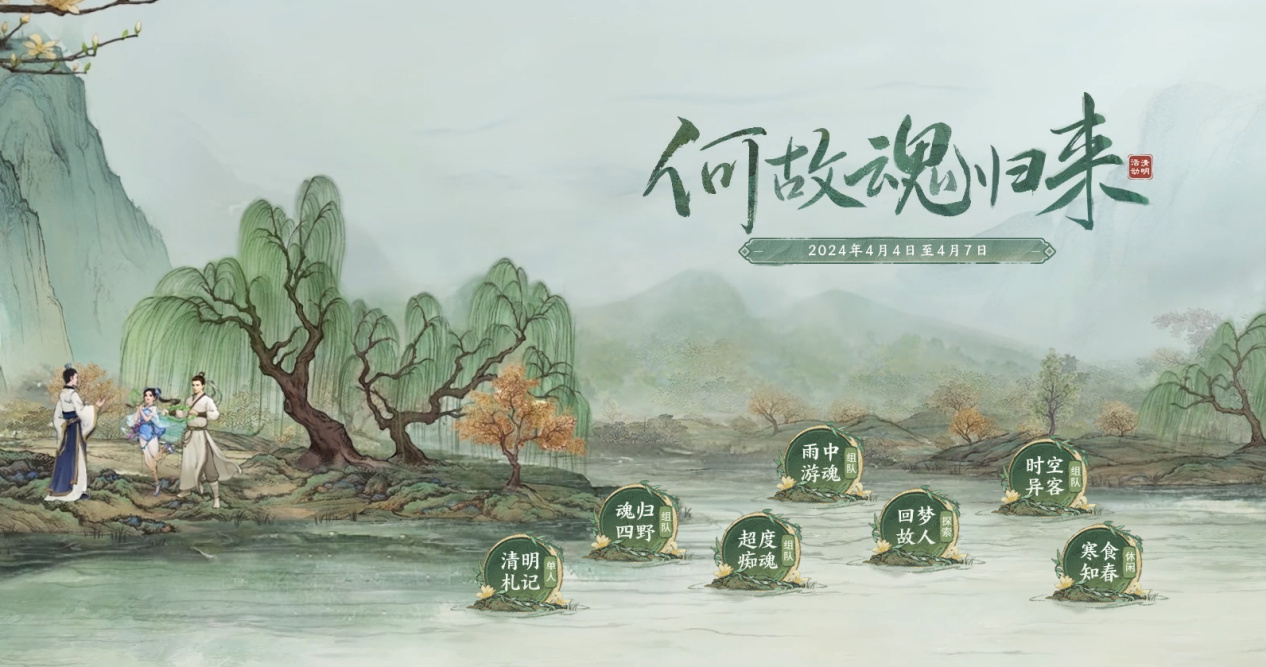
Time-Honored Rituals
Tomb Sweeping (扫墓)
Cleaning gravesites and making food offerings
Burning joss paper as symbolic wealth for ancestors
Decorating with fresh flowers and willow branches
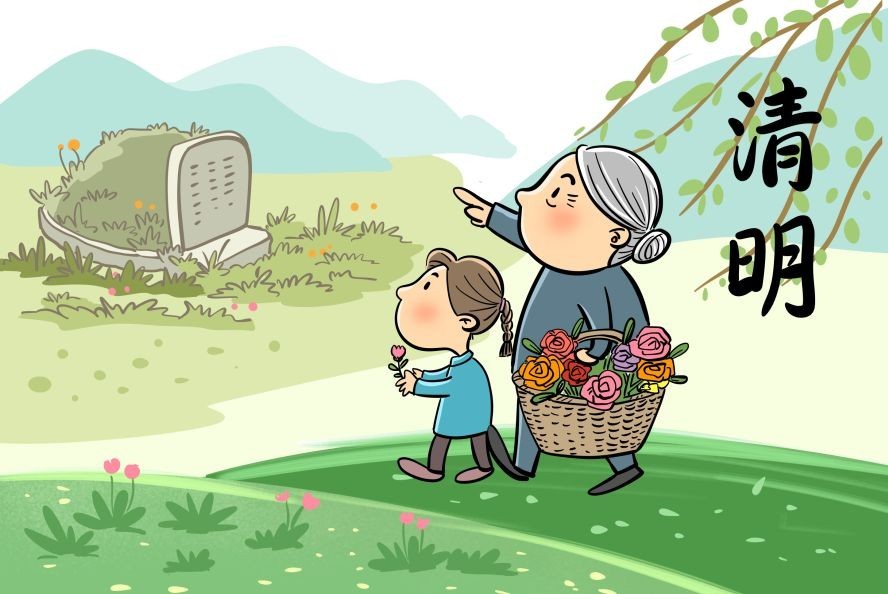
Family Gatherings
Multiple generations visit ancestral hometowns
Share stories about departed relatives
Maintain family genealogy records
Cultural Activities
Flying kites (often with lanterns after dark)
Planting trees at gravesites
Spring picnics featuring seasonal foods
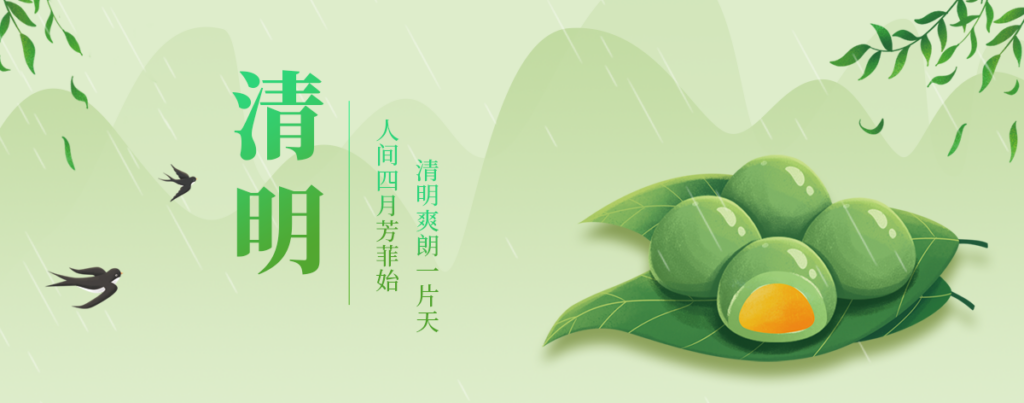
Festive Culinary Traditions
Food Significance Region
Qingtuan Green mugwort rice dumplings Jiangnan
Sanzi Crispy fried wheat twists Northern China
Ai Ban Mugwort rice cakes Fujian
Chun Juan Spring rolls with fresh vegetables Nationwide
Our Holiday Service Commitment
While families observe these traditions, PLC Pioneer’s automation experts remain available 24/7. We ensure:
Immediate spare parts dispatch
Remote system troubleshooting
Project consultation without delay



